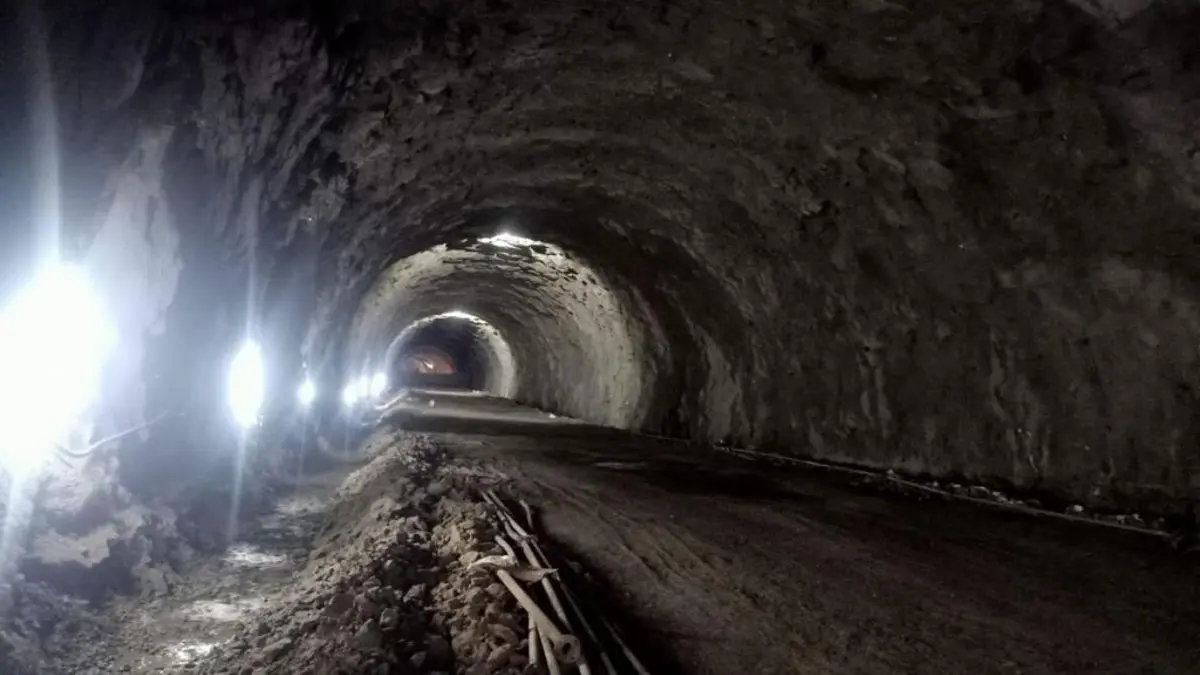Pune is taking a significant stride towards a more sustainable and interconnected urban future with the imminent appointment of a consultant to conduct a pre-feasibility study for the ambitious Yerawada-Katraj twin tunnel project.
This 20-kilometre infrastructure undertaking is envisioned as a vital artery, promising to drastically improve north-south connectivity across the bustling metropolis while alleviating the persistent congestion that plagues existing routes. The Pune Metropolitan Region Development Authority (PMRDA) is currently in the final evaluation stages, meticulously assessing bids from three expert agencies to identify the most adept partner for this crucial initial phase, which precedes the detailed project report (DPR). PMRDA Commissioner Yogesh Mhase underscored the importance of this preliminary step, stating, “We have received bids from three different agencies for the pre-feasibility report. After detailed evaluation, we will finalise the most competent one to begin work on this crucial first step before preparing the detailed project report (DPR).” This comprehensive study will delve into a multitude of critical technical and environmental considerations, meticulously analysing current and projected traffic flow patterns to ensure the tunnel effectively addresses mobility needs. Geotechnical stability will be rigorously assessed to guarantee the structural integrity and long-term safety of the subterranean passageways, while a thorough examination of the region’s topography and hydrology will inform the optimal tunnel alignment and construction methodologies, minimising disruption to the natural landscape.
Beyond the purely engineering aspects, the appointed consultant will also undertake a comprehensive evaluation of the project’s broader social and environmental ramifications. This will involve proactive engagement with the local populace through public consultations, ensuring that community perspectives are integrated into the planning process. Furthermore, a detailed land acquisition plan will be formulated with a focus on equitable and transparent procedures, aligning with the city’s commitment to social inclusivity. Experts involved in the nascent stages of this transformative project highlight the intricate tunnel engineering challenges inherent in boring through the region’s hilly terrain, necessitating the adoption of cutting-edge techniques and stringent safety protocols adhering to international design standards.
The financial viability of this significant infrastructure investment will also be subjected to rigorous scrutiny. The pre-feasibility study will explore various funding avenues, including the potential for public-private partnership (PPP) models, to ensure the project’s long-term financial sustainability. Furthermore, the feasibility of implementing equitable toll structures will be carefully considered, balancing revenue generation with accessibility for all commuters. Early estimates suggest a substantial investment, potentially reaching approximately ₹400 crore per kilometre for the twin-tunnel configuration, which will feature two independent conduits facilitating seamless two-way traffic flow. The definitive design parameters, encompassing the precise alignment, entry and exit points strategically located to maximise accessibility, and the overall project cost, will be meticulously finalised during the subsequent DPR stage.
PMRDA officials have reiterated that the easing of congestion along Pune’s critical north-south corridor remains a paramount objective. The Yerawada-Katraj twin tunnel is not merely a transportation project; it is envisioned as a cornerstone of the city’s long-term mobility strategy, designed to cater to the needs of its burgeoning population while promoting a greener, more efficient urban ecosystem. By reducing travel times and streamlining traffic flow, the tunnel is expected to contribute to a decrease in vehicular emissions, aligning with Pune’s commitment to achieving net-zero carbon emissions and fostering an eco-friendly urban environment. This ambitious undertaking underscores Pune’s proactive approach to sustainable urban development, prioritising both connectivity and environmental responsibility for the benefit of all its residents.
Also Read: Delhi plans to get 21 new footbridges


